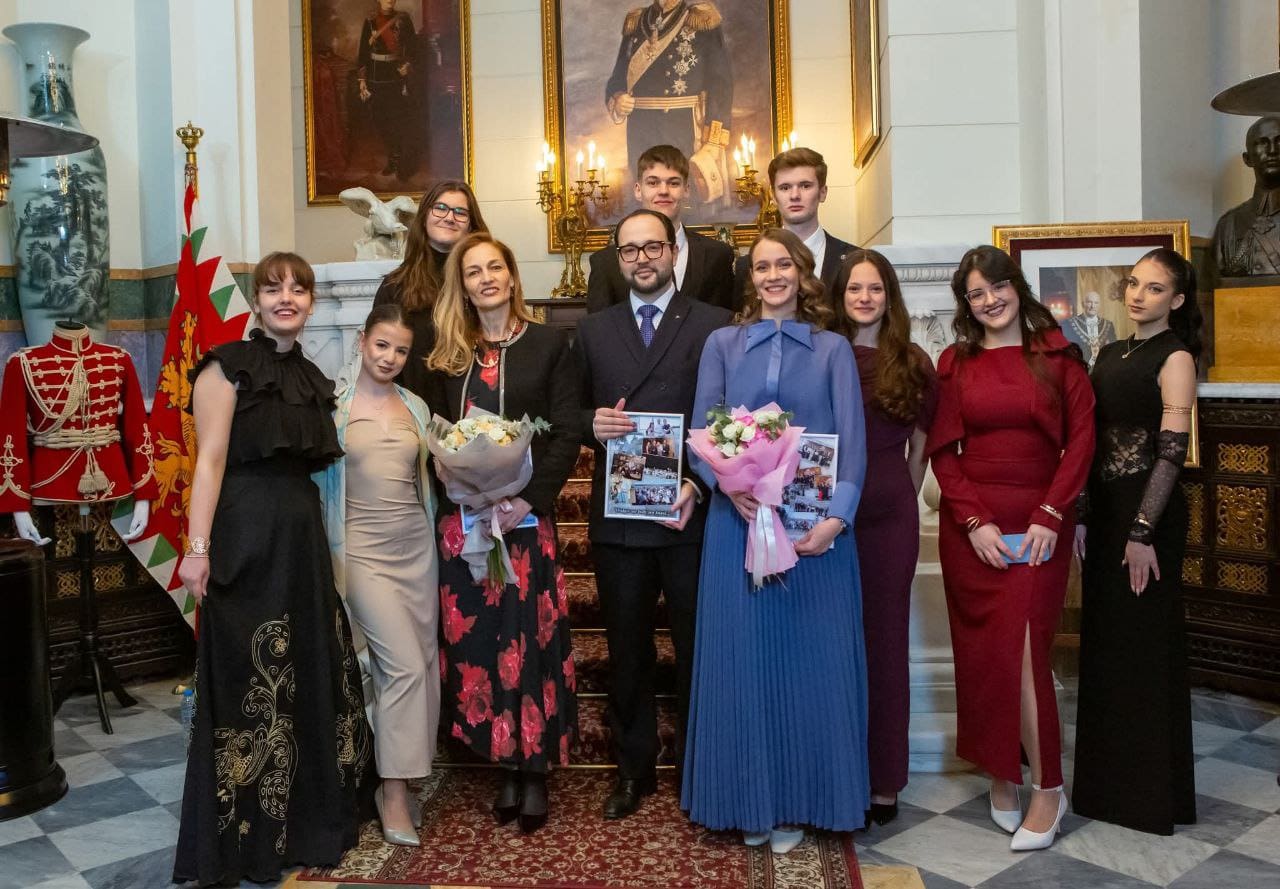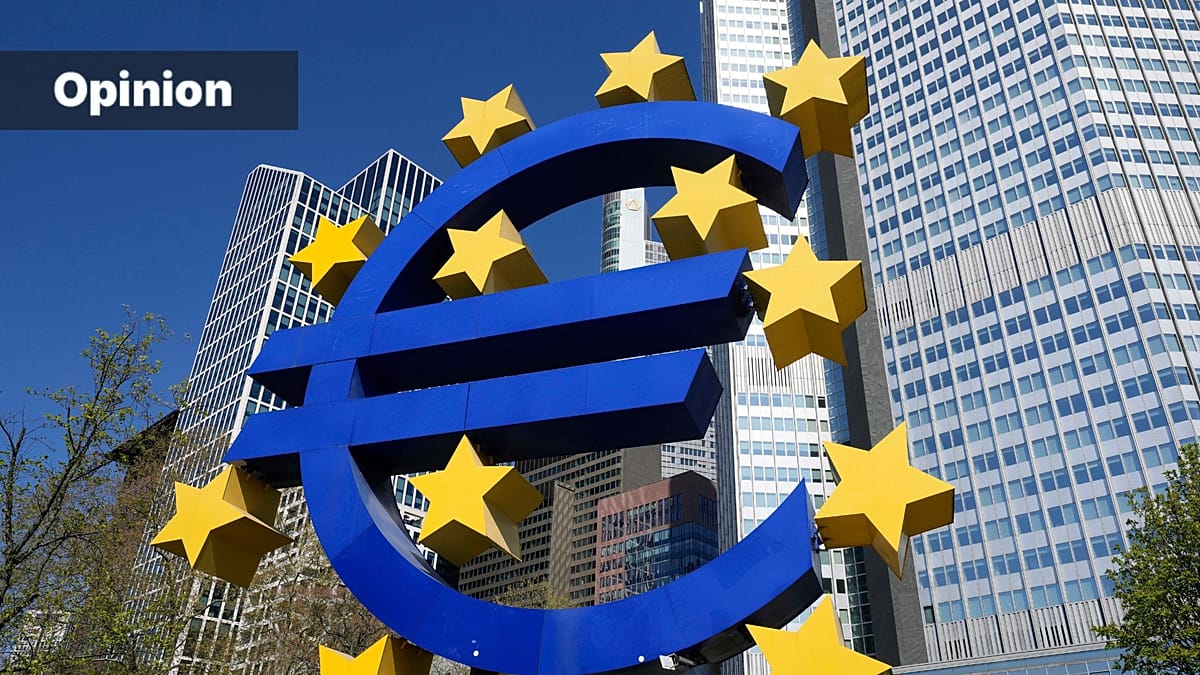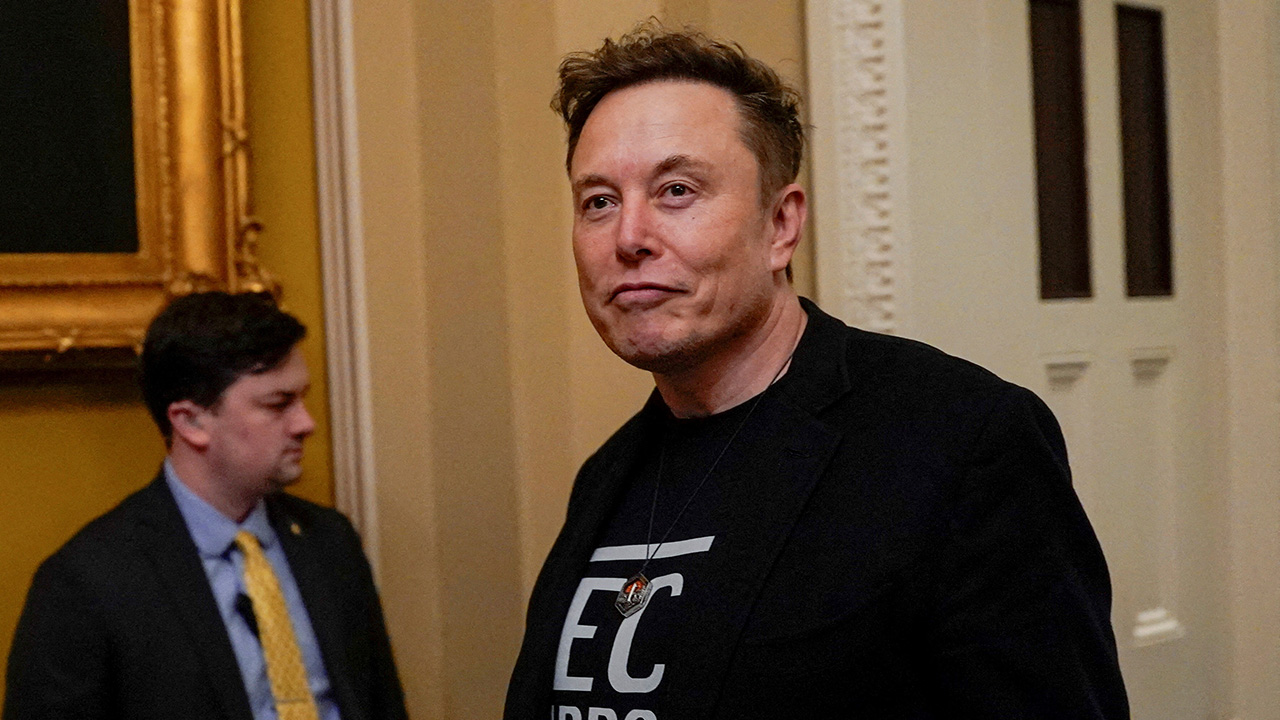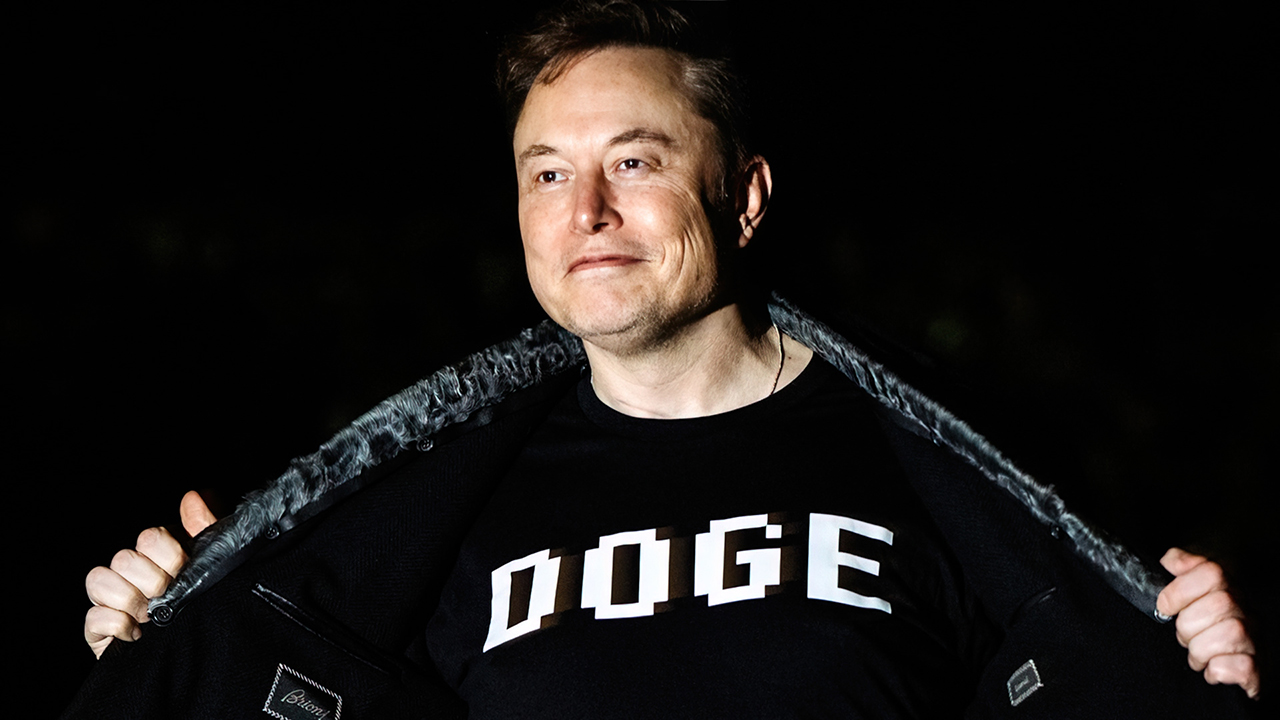Startup-corporate partnerships in Europe: Interview with Michiel Scheffer, President of the European Innovation Council Board

Ever wondered how startups and large corporations can join forces to turn breakthrough ideas into real-world solutions? The European Innovation Council (EIC) is the EU’s flagship body for identifying, funding, and scaling disruptive technologies. Within it, the Corporate Partnership Programme (CPP) brings together deep-tech startups and major industry players to accelerate commercial collaboration across Europe and beyond.
Today, we speak with Michiel Scheffer, President of the Board of the European Innovation Council. In the interview, we ask him about the evolution and impact of the EIC CPP, the insights behind the newly released corporate–startup collaboration report, success stories and key metrics, the future “Corporates Network,” and the growing international dimension of the programme – including the recent mission to Japan. Let’s dive right into it!
For our readers who have never heard of it before, in one sentence, what is the EIC Corporate Partnership Programme (CPP) all about?
The EIC CPP is a programme to connect deeptech startups to corporates, in order to establish commercial contracts.
Why should innovators and companies be excited about the newly released EIC report, Unlocking innovation through Corporate-Startup collaboration? What makes this report a must-read?
The report provides an analysis of the activities the EIC developed in the last years through its EIC CPP with large corporations, and offers a clear roadmap for effective corporate-startup collaboration that can be extended and replicated.
It demonstrates that corporate venturing attains a high traction of both corporates and startups. It is successful in creating meaningful contacts and contracts between both parties, covering pilot tests, joint development and sometimes financial participation.
Can you share some key statistics on corporate participation and business deals facilitated by the programme?
Since its launch in 2017, the Programme has facilitated over 1,600 engagements between EIC-backed startups and more than 120 leading corporations such as Airbus, Bayer, Galp, Roche, Siemens and Telefónica, resulting in more than 130 business deals, +600 structured follow-ups, and a 92% satisfaction rate among participants. Covering a wide range of sectors, from environment and energy to software, fintech, and quantum, the EIC CPP has organised so far 87 Corporate business activities ((Multi-)Corporate Days) across 15 Member States and Japan, engaging over 5,500 participants, including 3,684 corporate insiders and 1,521 innovative SMEs.
What makes the EIC Corporate Partnership Programme unique from other corporate-startup collaboration initiatives?
The EIC CPP is unique in its European scale, focus on disruptive technologies, structured multi-phase approach and exclusivity. Only startups and scaleups that have passed the highly competitive EIC selection (around 5% success rate) can join, ensuring a cohort with proven, exceptional potential.
The programme goes beyond classic networking or one-off pitch events. Interactions are curated over several months, before and after pitching. Corporates commit to structured follow-ups with clear objectives and measurable outcomes, while startups receive targeted training and mentoring to sharpen their value proposition and align with corporate needs. A data-driven matchmaking process allows corporates to select startups that fit their innovation priorities, building trust and enabling long-term, strategic collaboration.
What factors contribute to a successful corporate-startup partnership?
Commitment of both players, quality of preparation, empathy for the other party, contractual ease, and availability of technical facilities.
How do you measure the impact of the programme on startups and corporations? What have been some of the biggest success stories from the programme?
The EIC CPP is a business acceleration programme designed to catalyse high-value collaborations, and its impact is primarily assessed through the number of business follow-ups initiated and the deals concluded between startups and corporate partners.
Among the many success stories, one particularly noteworthy example is the strategic partnership between Holcim, global leader in sustainable building solutions, and Nanolike, a French EIC-backed deep-tech startup specialising in IoT-enabled inventory management. This collaboration illustrates the key stages of an effective Corporate Venturing strategy and clearly demonstrates the objectives and proven impact of the EIC CPP.
A detailed account of this success story is available in the EIC report on Corporate–Startup Collaboration.
Just a few weeks ago, the first EIC CPP mission concluded in Japan. How does this fit into the EU’s strategy for startups and corporates, and what opportunities could European companies expect if they join future missions?
One of the EIC’s key objectives is to help EIC-backed startups scale internationally while keeping their strategic activities and intellectual property anchored in Europe. To build global champions, European innovators must engage confidently in world markets, and the EIC is committed to enabling this.
A recent example is our collaboration with major Japanese corporations under the EIC CPP. Earlier this year, together with JETRO and leading Japanese industry players, we launched a targeted programme to create concrete business opportunities for Europe’s top innovators.
After several weeks of preparation, 25 selected EIC-backed startups travelled to Osaka and Tokyo to strengthen ties with Japanese partners and explore market entry pathways. During the mission, 13 NDAs were signed, demonstrating a strong mutual interest in moving toward substantive business discussions.
This initiative shows how the EIC’s CPP can act as a gateway to global markets while reinforcing Europe’s innovation leadership. Building on this momentum, similar missions will be expanded and replicated in the future.
The EU’s new Startup and Scaleup strategy outlines that the EIC will create a ‘Corporates Network’ – Could you tell us more about its purpose and when it might happen?
The Corporate network has three levels: at the C-Suite level, commitment to open innovation and corporate venturing (financial or commercial); at the strategic level, alignment of technological choices and facilities; and at the operational level, simplifying the organisation and participation of corporations in the EIC CPP and augmenting the interaction.
The launch of this network is expected to happen in 2026.
How do you see the CPP and corporate venturing evolving in Europe and globally, over the next five years?
Much work to do: intensify the interaction and assure long-term commercial/industrial alliances in order to activate innovation amongst corporates and assure commercial success of startups.
The post Startup-corporate partnerships in Europe: Interview with Michiel Scheffer, President of the European Innovation Council Board appeared first on EU-Startups.















































